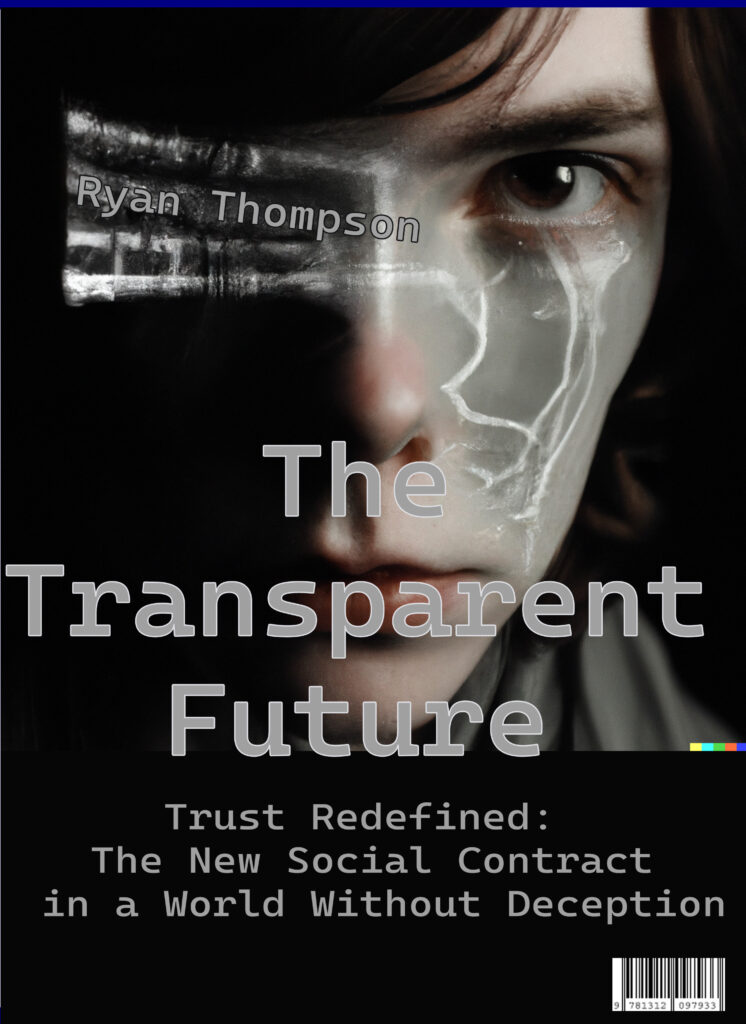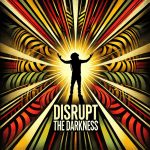Advanced Lie Detection: A Double-Edged Sword? Exploring AI, Ethics, and Justice on the Disruptarian Podcast
In the latest episode of the Disruptarian Podcast, host Rich Garvey Banton dives into a fascinating and controversial topic—AI-driven lie detection. With technology advancing at breakneck speed, we are approaching a future where detecting deception may no longer require human intuition, but rather rely on algorithms and machine learning models. But what are the broader implications of such technology? Could it revolutionize law enforcement and justice, or are we edging dangerously close to a dystopian future?
Joining Rich to explore these questions is a distinguished panel: Retired Detective Sam Harris from the Salt Lake City Police Department, Dr. Lisa Palmer, an expert polygraph examiner, and Mark Jacobs, a former convict exonerated by cutting-edge AI technology.
The Technology: Near-Perfect Accuracy in Lie Detection
At the heart of the discussion is Veracity Integrity, a company based in Murray, Utah, that’s leading the charge with AI and machine learning algorithms capable of detecting deception with near-perfect accuracy. Their groundbreaking technology, still in development, could potentially revolutionize how law enforcement approaches investigations, interrogations, and even court proceedings.
Dr. Lisa Palmer highlights how the shift from traditional polygraphs to AI-powered systems represents a significant leap forward in accuracy. “While polygraphs are often accurate, they still rely on human interpretation and can be influenced by stress or physiological differences,” she notes. “AI lie detection could eliminate these variables, providing more reliable results.”
Real-Life Impact: Exoneration and Justice
Mark Jacobs, one of the panelists, shares his powerful story as a former convict who was wrongfully imprisoned for over a decade. It was only through AI lie detection technology that his innocence was proven, leading to his eventual exoneration. “It saved my life,” Mark explains. “I can’t imagine how many other people are sitting in prison for crimes they didn’t commit because traditional methods failed them.”
This technology could represent a sea change in criminal justice reform, potentially reducing wrongful convictions and transforming how evidence is evaluated in the court system. The promise of fairer outcomes is what excites many proponents of this technology.
Ethical Dilemmas: A World Without Privacy?
However, with such power comes equally significant ethical questions. Detective Sam Harris raises concerns about how this technology might be misused. “If lie detection becomes too accessible, it could erode privacy in ways we haven’t even considered. Imagine a world where employers, governments, or even family members have access to your internal truths. Where do we draw the line?”
The episode delves into whether lie detection could be integrated into everyday life—job interviews, border control, or even marriage counseling. While accuracy is key, Dr. Palmer points out that no system, no matter how advanced, should strip away a person’s right to privacy or free will.
Could we face a future where honesty is no longer voluntary but instead enforced by technology?
Pitfalls and Potential for Abuse
The panel also discusses the potential for abuse by those in power. If used irresponsibly, AI lie detection could reinforce authoritarian regimes or be weaponized against marginalized communities. Mark Jacobs argues that we must put strict ethical guidelines in place. “Without proper oversight, this technology could be used as a tool for oppression rather than justice.”
The legal system itself may need to adapt. Will courts accept AI-detected deception as admissible evidence? Can AI be trusted to remain neutral in a justice system that has historically shown bias?
The Future of AI-Driven Lie Detection: Hope or Dystopia?
As we edge closer to a reality where lies could be detected with 100% certainty, the conversation on the Disruptarian Podcast pushes listeners to think critically about the future of truth in a technologically advanced society. Could this technology bring about a more just world, free from deception and wrongful convictions? Or does it open the door to a dystopian future where privacy and freedom are sacrificed in the name of security?
For now, we must balance the promise of AI-driven justice with the potential for misuse. As Veracity Integrity continues to refine its algorithms, the debate on the ethical implications will only intensify.
(our actors in this podcast are virtual, and are not in real life)
Tune In for More In-Depth Conversations
This episode of the Disruptarian Podcast is a must-listen for anyone interested in the intersection of technology, ethics, and justice. Make sure to subscribe for more thought-provoking discussions on the latest issues shaping our world!
#LieDetection #AIDrivenTech #DisruptarianPodcast #VeracityIntegrity #EthicsInTech #CriminalJustice
On a side note, please read my book “The Transparent Future”
https://archive.org/details/the-transparent-future-ai-and-lie-detections-assault-on-deceit









No Comments